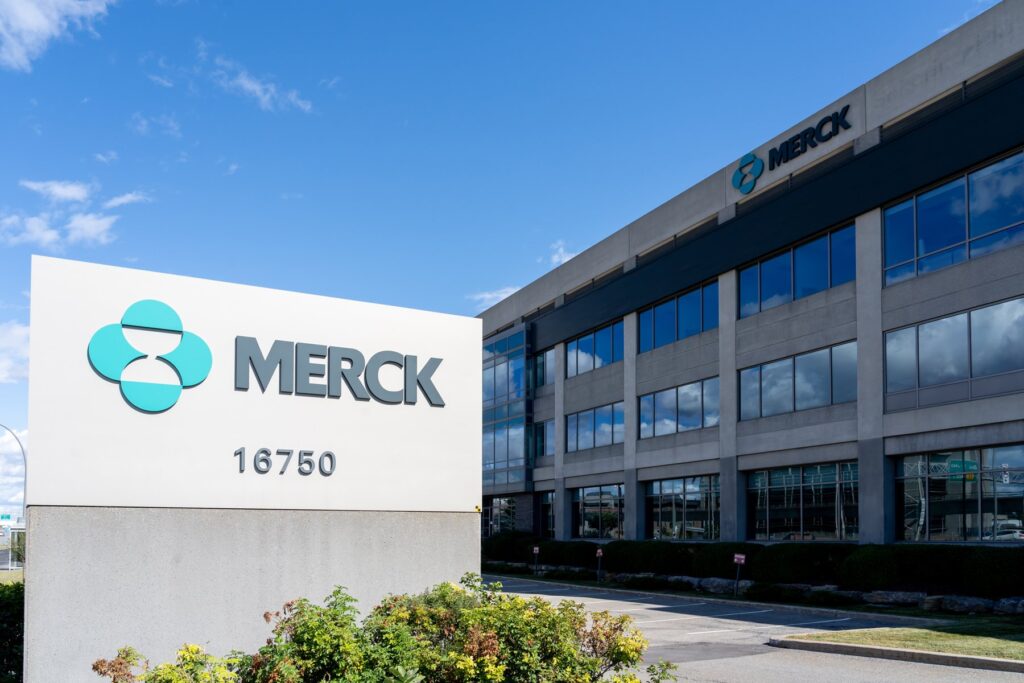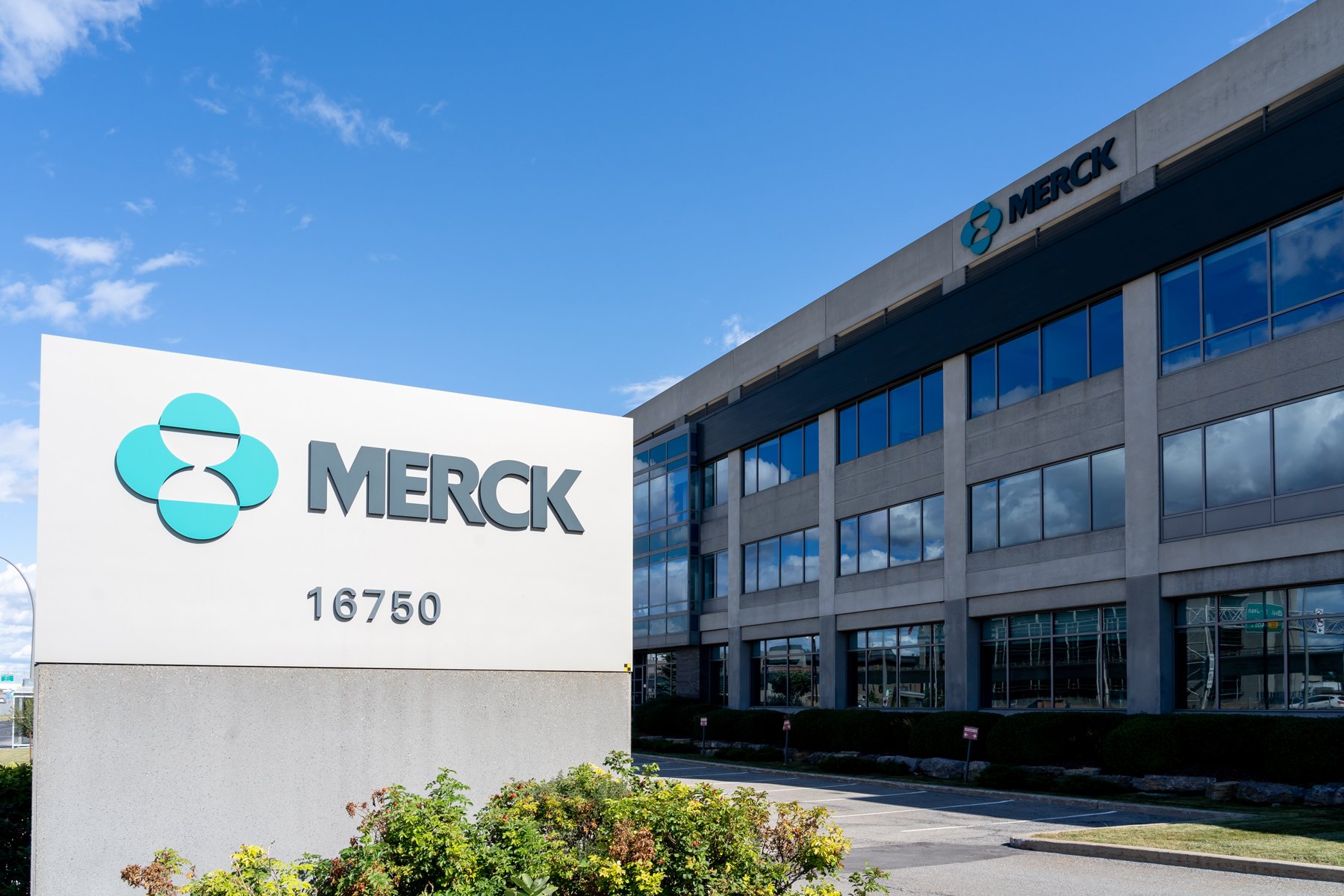
NICE UK recommends Keytruda with carboplatin and paclitaxel for metastatic squamous non-small-cell lung cancer – Merck Inc

NICE (UK): Keytruda (pembrolizumab), from Merck Inc. with carboplatin and paclitaxel is recommended as an option for untreated metastatic squamous non-small-cell lung cancer (NSCLC) in adults, only if their tumours express PD?L1 with a tumour proportion score of 0% to 49%, if their tumours express PD?L1 with a tumour proportion score of 50% or more and they need urgent clinical intervention, it is stopped at 2 years of uninterrupted treatment or earlier if their disease progresses and the company provides pembrolizumab according to the commercial arrangement.
NICE has made this recommendation based on the following: initial treatment for metastatic squamous NSCLC depends on PD?L1 tumour proportion score. People whose tumours have a PD?L1 tumour proportion score of 0% to 49%, usually have cisplatin or carboplatin plus either gemcitabine, paclitaxel or vinorelbine (platinum-based combination chemotherapy). People whose tumours have a PD?L1 tumour proportion score of 50% or more usually have pembrolizumab alone. Clinical trial evidence shows that pembrolizumab plus carboplatin and paclitaxel or nab-paclitaxel (pembrolizumab combination therapy) increases how long people with metastatic squamous NSCLC live compared with placebo plus carboplatin and paclitaxel or nab-paclitaxel. Pembrolizumab combination therapy meets NICE’s criteria to be considered a life-extending treatment at the end of life in both PD?L1 tumour proportion score subgroups.
In addition, the cost-effectiveness estimates in people whose tumours express PD?L1 with a tumour proportion score of 0% to 49% were within what NICE considers a good use of NHS resources. For people whose tumours have a PD?L1 tumour proportion score of 50% or more and who need an urgent clinical intervention (for example, because their cancer may cause major airway blockage), the cost-effectiveness estimates were not certain. However, they are likely to be within what NICE considers a good use of NHS resources, so pembrolizumab combination is recommended in both groups.